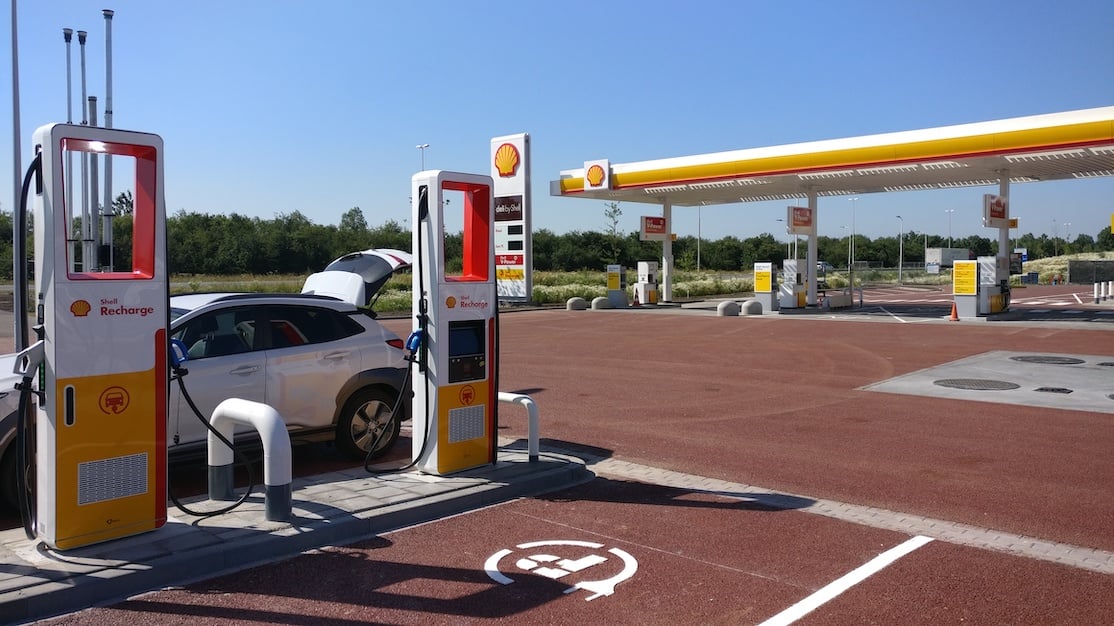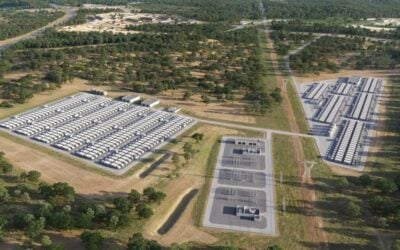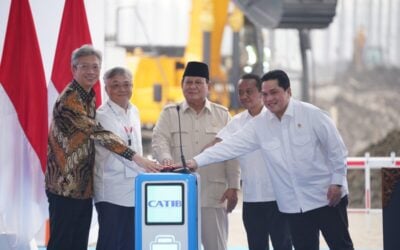
Smart grid, energy storage and EV charger solutions provider Alfen has made significant quarterly increases in revenues in all three segments according to the Dutch company’s reporting of its latest financial results.
Alfen, listed on the Euronext Amsterdam stock exchange, today reported half-year total revenues of €90.3 million (US$106.71 million) which it said was up 47% from the equivalent period last year, when it netted €61.6 million. It made an adjusted net profit of €5.3 million, which was an enormous 266% leap on H1 2019’s €1.4 million of profits. EBITDA was more than doubled from €4.9 million to €10 million.
Enjoy 12 months of exclusive analysis
- Regular insight and analysis of the industry’s biggest developments
- In-depth interviews with the industry’s leading figures
- Annual digital subscription to the PV Tech Power journal
- Discounts on Solar Media’s portfolio of events, in-person and virtual
The company said in a press release that its “strong profitable growth” for the half-year ending 30 June 2020 included a 154% rise in EV charging solutions revenues, 67% rise in energy storage revenues and 23% rise in its smart grid revenues.
| Business segment | H1 2019 revenues | H1 2020 revenues |
|---|---|---|
| Smart grid | €47.2 million | €57.8 million |
| EV charging | €9.7 million | €24.7 million |
| Energy storage | €4.7 million | €7.8 million |
Energy storage ‘market fundamentals remain solid’
Alfen’s investment in solar PV including developing solar park servicing offerings is paying off, with a contract signed with solar farm developer Goldbeck to look after 180MWp of solar capacity across six sites in the Netherlands among recent highlights.
In the EV segment, existing deals have been scaling up, new customers won and new territories reached, the company said. Alfen also pointed out that the EV market appears to have been more resilient than much of the light duty vehicle market during the COVID-19 downturn and also said that favourable policies by governments, particularly in Europe, to support vehicle electrification, were also positive influences that are expected to be ongoing.
Energy storage however, while a growing market, was more badly impacted by the coronavirus pandemic, Alfen said, calling market circumstances in Q2 2020 “challenging” with decision making “postponed across the industry”. The company claimed however that its already proven track record in the energy storage sector is “playing to its advantage as well as its strong market position”.
The company said it is able to reconfirm its full-year revenue outlook to be within the range of €180 million to €200 million. It claimed that it is anticipating market developments across all of its business lines to continue to be positive – not least that it believes European stimulus packages post-coronavirus will favour clean energy and climate-saving technologies such as electric vehicles, while it said the “long-term market fundamentals for energy storage remain solid”.






